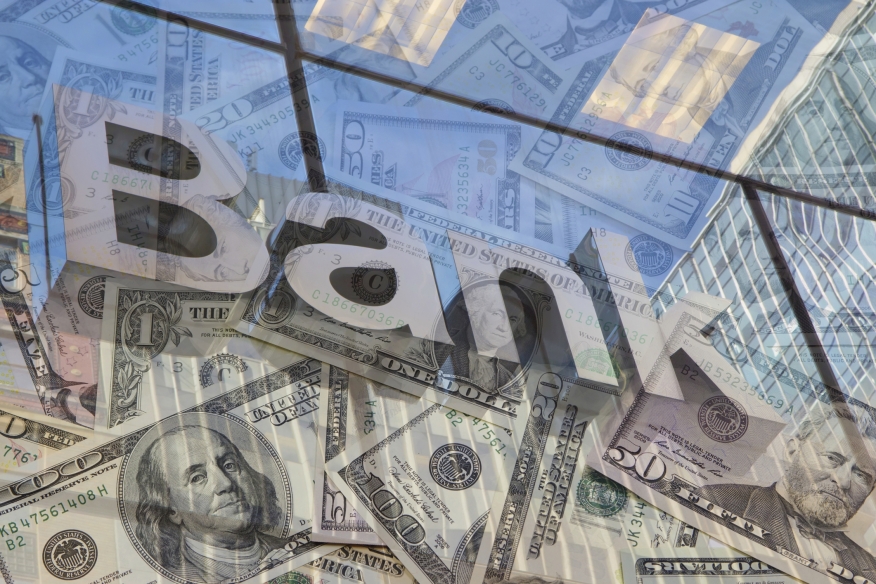MPF Program Issues First Ginnie Mae Security

 The Mortgage Partnership Finance (MPF) Program has announced that it had issued its first security guaranteed by Ginnie Mae. The $5 million security is backed by mortgages originated by community lenders through the MPF Government MBS product.
The Mortgage Partnership Finance (MPF) Program has announced that it had issued its first security guaranteed by Ginnie Mae. The $5 million security is backed by mortgages originated by community lenders through the MPF Government MBS product.
“This is an important milestone for the MPF Program,” said Matt Feldman, president of the Federal Home Loan Bank of Chicago, which operates the MPF Program on behalf of nine Federal Home Loan Banks. “Ginnies are among the most liquid financial instruments in the world, and this new product allows us to enable FHLBank members to offer competitive FHA, VA, and Government Guaranteed Native American and Rural Housing mortgages.”
Through the MPF Government MBS product, the MPF Program purchases fixed-rate mortgage loans originated by Federal Home Loan Bank members that are insured or guaranteed by the following government agencies: FHA, VA, USDA through its RHS Section 502 loan program, and HUD through its Section184 loan program. MPF Government MBS provides participating community lenders competitive pricing, which they can pass on to their borrowers.
“Community lenders are uniquely situated to fulfill the hopes and dreams of everyday families,” said U.S. Department of Housing & Urban Development (HUD) Secretary Julián Castro. “Ginnie Mae is committed to providing our local partners with the resources they need to expand housing opportunity for all Americans.”
“This agreement is a great example of how the Ginnie Mae MBS program continues to level the playing field by allowing community based financial institutions to effectively compete with mega banks for homebuyers in their communities,” said Ginnie Mae President Ted Tozer. “Now they can connect directly to the capital markets, improving the home financing options they can offer to their customers without the burden of having to individually obtain and maintain Ginnie Mae approval. Looked at another way, it allows Ginnie Mae to distribute its program more broadly without dramatically increasing the number of counterparties we must manage. In this sense, it is a model for how Ginnie Mae should operate in the future."





